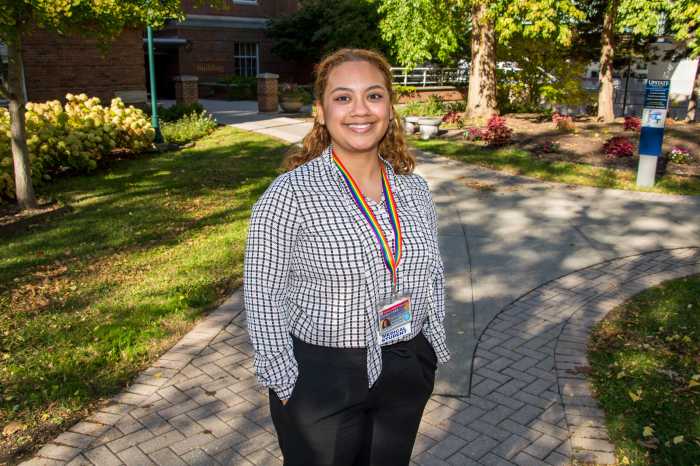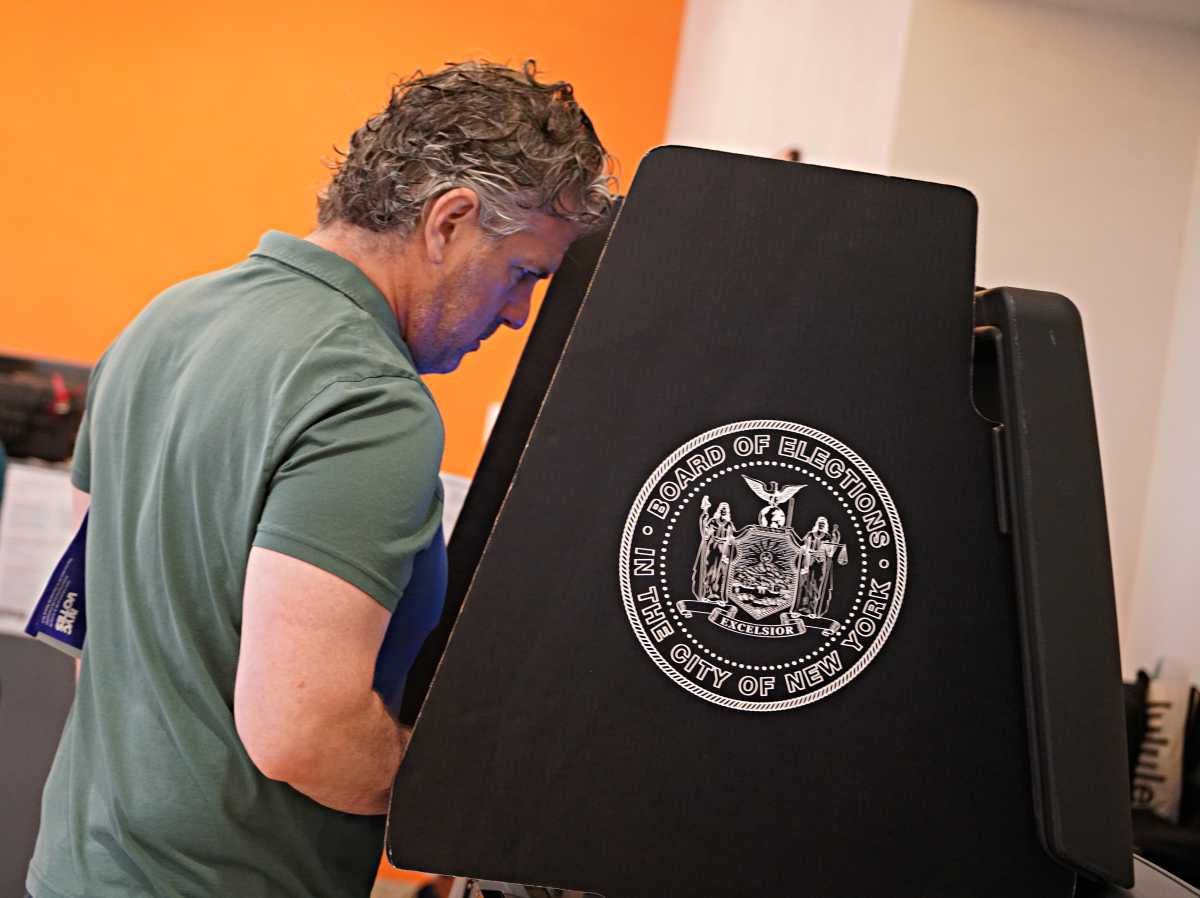Appeals court rejects view that father’s married household trumps lesbian couple
Reversing a trial court decision that implicitly assumed it is harmful for a child to be raised in a lesbian household, a panel of Georgia’s Court of Appeals ruled on September 27 that a trial court erred by modifying an original custody decree without any evidence that the mother’s relationship with a woman was harmful to her child
Victoria Moses and Kelvin King, a former couple who were never married but once lived together, are the biological parents of a 12-year-old girl. A few years ago, King agreed to be named the child’s legal father in a proceeding in which the two parents were awarded joint legal custody, with the mother as primary physical custodian. King was ordered to make monthly child support payments of $850.
King fell behind in these payments, and Moses filed an action to get him to pay up. The court ruled for Moses, finding King $16,500 in arrears, and ordered him to jail if he didn’t come up with $5,000 right away. The next day, King retaliated by filing a complaint against Moses, seeking a modification of his support obligations and a change in custody to him.
King charged that Moses was an “irresponsible” mother and had had a series of same-sex partners, the last of whom was residing with her and the child. He asserted that Moses had failed to provide for her daughter’s basic needs, was subjecting her to the “continuous company of gay and lesbian adults,” and that the child told him she wished to live with him. King, who had married, said he could provide a traditional household for the child.
The trial judge agreed, changing primary physical custody to King and ordering Moses to pay child support to King. The judge claimed that this had nothing to do with Moses’ sexual orientation, insisting the result would have been the same if she had gone through several short, unmarried relationships with men.
Moses filed a motion for a new trial, which the court granted in order to allow the child to testify about her preferences. In the end, the court held two additional hearings, which found that given the nature of Moses’ relationship, King’s marital home made a more stable home environment for the child. Equal sharing of physical custody was the final order, with no child support required on either side. King was ordered to pay a few hundred dollars a month to clear up his earlier support arrears.
Moses appealed, arguing that there had not been any new or material conditions arising since the initial custody order to justify a change, and that there had been no showing of adverse effect on the child from Moses and her partner cohabiting.
Writing for the Court of Appeals, Judge Ann Elizabeth Barnes found that the trial court was wrong on both points made by Moses. At the initial custody hearing, King was already married and Moses was already having relationships with women, so neither of these was a new development constituting the sort of substantial change justifying an adjustment in custody. Barnes pointed out that Moses was in a more stable relationship than the one she had at the time of the initial custody award.
On Moses’ second point, Barnes observed: “With respect to the mother’s cohabitation, the trial court reasoned that it does not allow unmarried men and women to cohabitate in the presence of the child and therefore Moses’ relationship with her partner is meretricious per se. However, Georgia’s appellate courts have held that a parent’s cohabitation with someone, regardless of that person’s gender, is not a basis for denying custody or visitation absent evidence that the child was harmed or exposed to inappropriate conduct.”
Barnes also pointed out that the trial court allowed shared custody, thereby undermining its own logic and suggesting it had found no adverse impact in the child living with Moses.
The trial court found that the child’s welfare would be improved by living with her father and his wife, but it had not found that the existing custody situation, with Moses and her partner, was harmful to the child.
“In fact,” wrote Barnes, “the evidence suggests that the child was doing well in school, loved the mother’s partner, and was happy and well-balanced… Regardless of whether she was in the custody of Moses or King, the child appears happy and outgoing, and has strong attachments to both parents and her extended family.”
Given these findings, there was no evidence supporting the trial court’s conclusion that changed circumstances had adversely affected the child, so there was no basis for modifying the original custody and support order.
Barnes concluded that in light of this decision, there was no reason to address “Moses’ arguments regarding the implications of the trial court’s ruling on the broader issues of same-sex cohabitation, partnerships, and parenting.”
Jack Senterfitt of Lambda Legal’s Atlanta office represented the lesbian mother.
gaycitynews.com



































